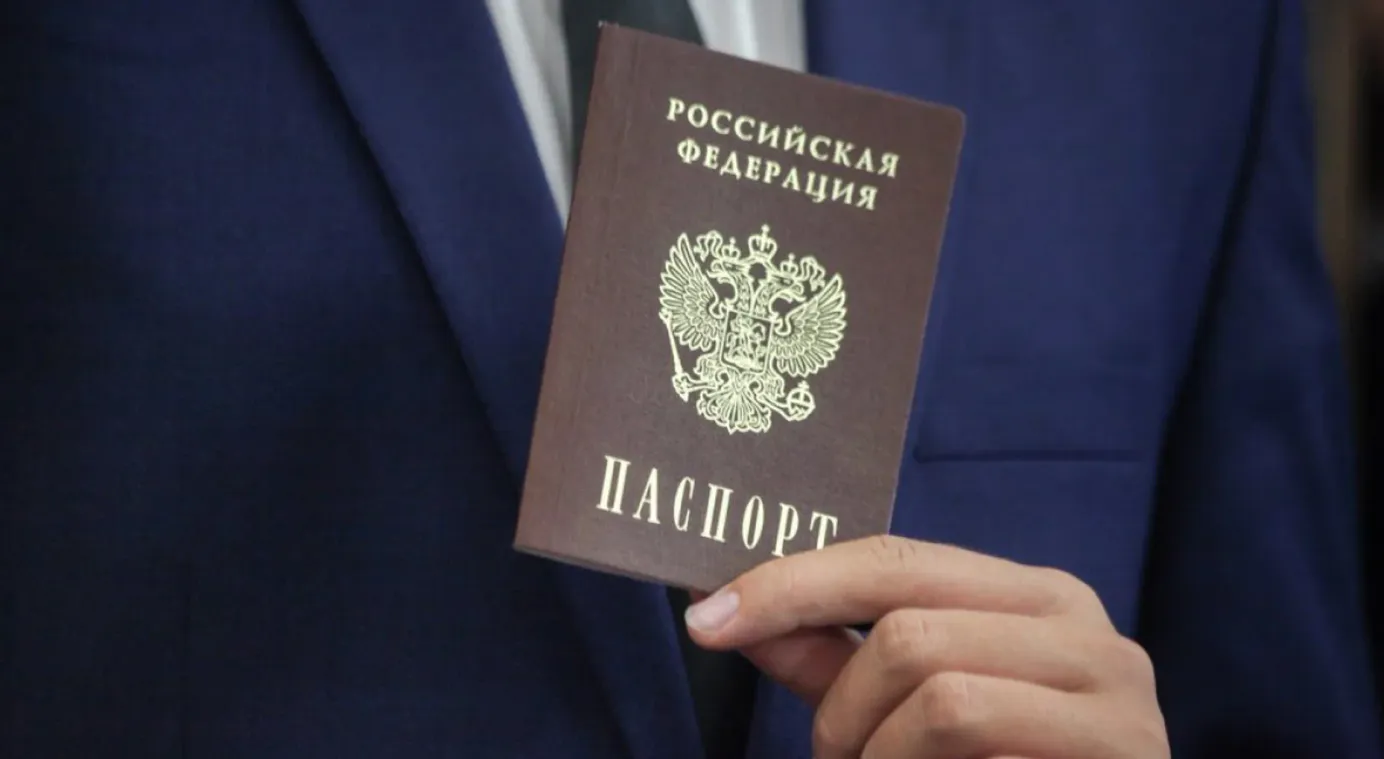
Pro-Kremlin media’s talking points on the conflict in the Middle East
After the outbreak of fighting between Israel and Hamas militants, Russian propagandists have scrambled to push the focus away from events in Ukraine and onto the situation in the Middle East. The Kremlin’s loyalists on TV and in print quickly started talking up the West’s role in the conflict and favourably compared the conduct of Russia's military in Ukraine with the actions of Israel in Gaza. Meanwhile, pro-war Telegram channels have openly posted antisemitic content. The Bell has analyzed the four main themes of the pro-Kremlin media’s response to the conflict.
- ‘The Russian military’s humanitarian work’. On one talk show, pro-government analysts talked about the humanitarian efforts of the Russian army in Ukraine, contrasting their approach with the current situation in Gaza. According to them, unlike the Ukrainians or Israelis, Russian forces are only launching strikes against military targets. “We are fighting [in Ukraine] to protect [civilian] lives. And in response, they are imposing sanctions on all Russians, cancelling all Russians. They are imposing sanctions on all Palestinians,” claimed Russia’s propagandist-in-chief, Vladimir Solovyov. His comments come a week after a Russian missile hit a cafe and shop in the village of Groza in Ukraine’s Kharkiv Region, killing 59 civilians.
- ‘The West sponsors Hamas militants’. Several Russian propagandists have drawn connections between the equipment used by Hamas militants and weapons sent to Ukraine by the United States since the start of the war. They claim that uniforms intended for the Ukrainian army ended up in the hands of the terrorists who attacked Israel, and that Hamas’ drone pilots were trained in Ukraine. “We will take this into account,” wrote propagandist Igor Maltsev in the loyalist state newspaper Vzglyad. Another well-known propagandist — war correspondent Alexander Kots — claimed Hamas militants bought Western arms that were intended for Ukraine on the darkweb. There is no evidence that Hamas, or any other militants, had access to any Western weapons.
- Antisemitism. Leading pro-war Russian Telegram channels seemingly banded together after the start of the war in the Middle East to start publishing openly antisemitic material. “Not a drop of pity or sympathy,” wrote influential war correspondent Dmitry Steshin, who claimed Israel is in the grip of “Yid Banderaism,” combining a deliberately offensive slur against Jewish people with the “Banderaism” label, a term used to link pro-Kyiv fighters with Nazism. The Grey Zone channel, believed to be linked to Russia’s Wagner group, responded to Israel’s president saying the country had suffered the highest number of Jewish casualties in a single day since the holocaust with a meme that read: “Not many.”
- ‘Nobody cares about Ukraine anymore.’ Propaganda outlets did not pass up the opportunity to link the conflict in the Middle East with Western “fatigue” over the war in Ukraine. They claim that from now on all Western efforts will be focused on supporting Israel, leaving Kyiv to fend for itself. “Nobody will support Ukraine in the long term. And it costs too much,” concluded an opinion piece published by RIA Novosti. “It turns out that Zelensky was turned away,” wrote Putin’s favorite paper, Komsomolskaya Pravda. US officials have said that the country will not stop supporting Ukraine and President Joe Biden has stepped up efforts to push a $100-billion-plus package of support for both Israel and Ukraine through Congress.
Why the world should care:
Israel condemned Russia’s invasion of Ukraine, but did not join the West in hitting Russia with sanctions or providing offensive weapons to the Ukrainian military. Now it finds itself the latest country on the receiving end of a Russian propaganda offensive.




